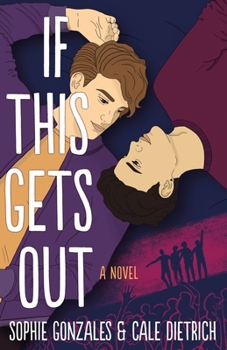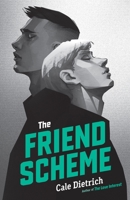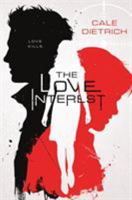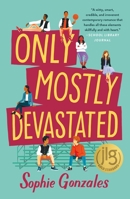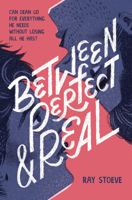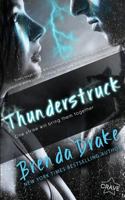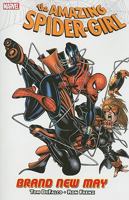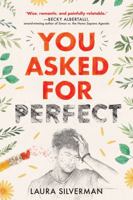If This Gets Out
Select Format
Select Condition 
Book Overview
A NATIONAL AND INTERNATIONAL BESTSELLER
Sophie Gonzales and Cale Dietrich's "If This Gets Out is an absolute showstopper! Equal parts edgy and adorable, this bright, joyful book has everything I look for in a queer YA romance." --Phil Stamper, bestselling author of The Gravity of UsYou're in the most popular boy band in America...and all you want is the boy singing next to you.
Eighteen-year-olds Ruben Montez and Zach Knight are two members of the boy-band Saturday, one of the biggest acts in America. Along with their bandmates, Angel Phan and Jon Braxton, the four are teen heartthrobs in front of the cameras and best friends backstage. But privately, the pressure to stay in the closet has Ruben confiding in Zach. On a whirlwind tour through Europe with an unrelenting schedule and minimal supervision, the two come to rely on each other more and more, and their already close friendship evolves into a romance. But when they decide they're ready to tell their fans and live freely, Zach and Ruben realize they will never truly have the support they need. How can they hold tight to each other when their whole world is coming apart?
Format:Hardcover
Language:English
ISBN:1250805805
ISBN13:9781250805805
Release Date:December 2021
Publisher:Wednesday Books
Length:416 Pages
Weight:1.15 lbs.
Dimensions:1.5" x 5.4" x 8.3"
Age Range:13 to 17 years
Grade Range:Grades 8 to 12
You Might Also Enjoy
Customer Reviews
6 customer ratings | 5 reviews
There are currently no reviews. Be the first to review this work.











